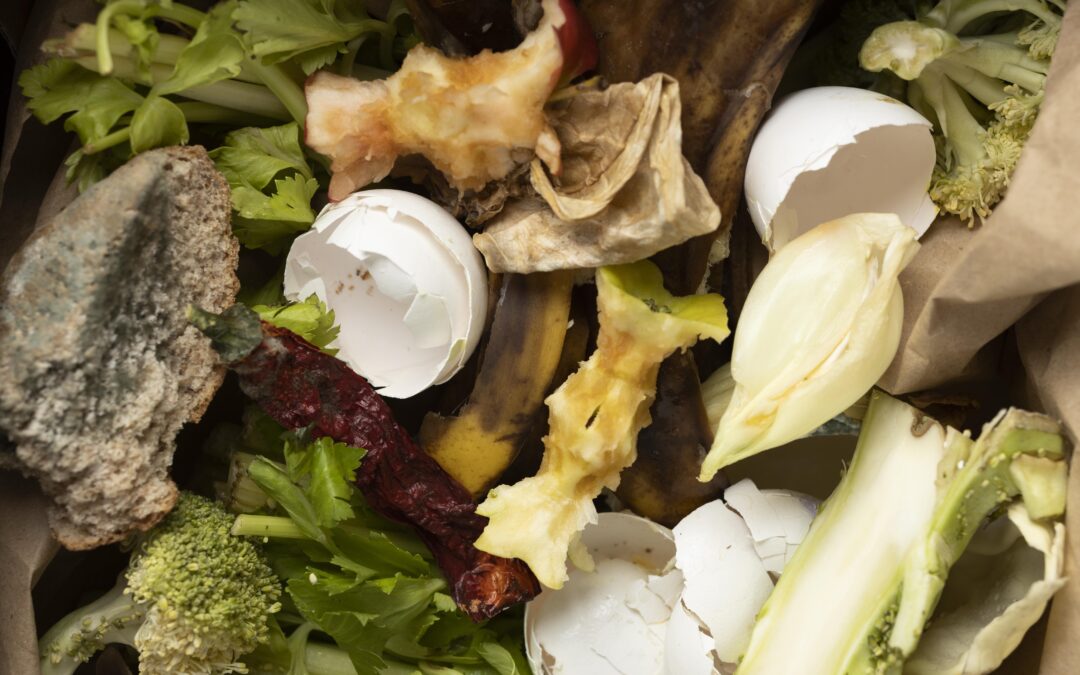Food poisoning is an all-too-common problem, affecting countless consumers each year. When contaminated food leads to illness, victims may have grounds for a legal claim. These cases fall under products liability law because food, as a product, should be safe for consumption. If it’s contaminated or defective, and causes harm, those involved in producing and distributing the food may be held responsible. However, identifying the specific cause of food poisoning can be challenging, which makes these cases more complex.
Types of Legal Claims in Food Poisoning Cases
In most food poisoning cases, a few different legal theories may be available, depending on the state laws where the claim is filed. These include:
- Strict Liability: In some states, you can argue that the manufacturer or distributor is strictly liable for any harm caused by contaminated food. This means that you only need to prove that the food was defective and caused your illness, without proving negligence.
- Negligence: In other cases, you might need to prove that the defendant didn’t exercise reasonable care in handling or producing the food. This can be more difficult, as you must show that they failed to meet industry standards.
- Breach of Warranty: You may also pursue a breach of warranty claim, either implied (based on state law) or express (if the packaging made specific claims about the product’s safety that turned out to be false).
Proving Your Food Poisoning Claim
To win a food poisoning lawsuit, you need to show that the food was contaminated and that it caused your illness. This can be tricky, especially if several days passed between eating the food and developing symptoms. However, if multiple people report the same symptoms after eating the same product, government investigations and testing might help confirm contamination.
A key piece of evidence may come from testing your stool sample for microbes that match those found in the contaminated food. If the test results match, you could have a solid case. That said, it’s important to assess whether your illness was severe enough to justify a lawsuit. If you didn’t require significant medical treatment, a legal claim might not be financially worthwhile.
If you decide to proceed, you can sue any entity involved in the distribution of the food—this could include the manufacturer, supplier, or even the store or restaurant where you purchased the product. It’s important to act quickly, though, as personal injury claims like these are subject to statutes of limitations, which set deadlines for filing lawsuits.
Class Actions in Food Poisoning Cases
Sometimes, a group of people affected by the same contaminated food product will file a class action lawsuit. This allows victims to pool resources, share legal costs, and handle the case more efficiently. If a class action already exists, you may be able to join it instead of filing your own individual lawsuit. By joining, the lawyers handling the class action will represent you, meaning you won’t need to hire your own attorney or bear the legal expenses.
That said, joining a class action is not mandatory. You still have the right to pursue your own claim if you believe it’s in your best interest. Consulting with a lawyer can help you decide whether joining a class action or filing an individual lawsuit is the right move for you.
How LawyerUp.AI Can Help
If you’ve suffered from food poisoning and are considering legal action, building a compelling case is crucial. LawyerUp.AI uses cutting-edge AI technology to develop the strongest arguments for your claim, ensuring no detail is overlooked. Our platform then matches you with a highly experienced attorney specializing in product liability, maximizing your chances of success and securing the highest compensation possible. Whether you join a class action or pursue an individual lawsuit, LawyerUp.AI is your partner in getting the justice and financial recovery you deserve.

